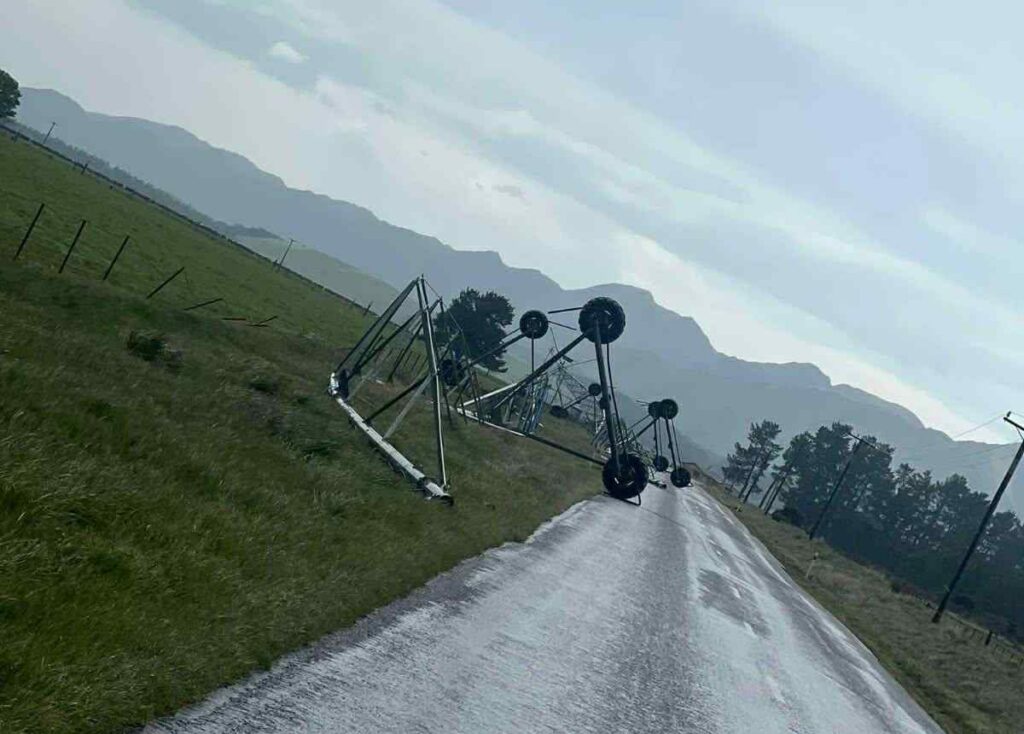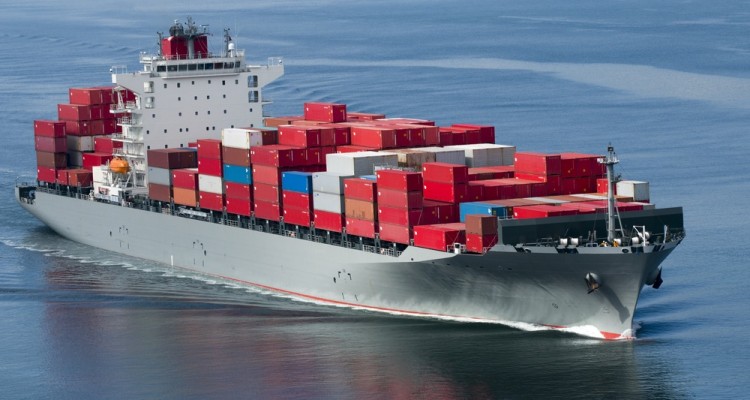Copyright farmersweekly

Reading Time: 2 minutes Canterbury irrigators are facing a repair bill in the tens of millions of dollars after the recent gale force winds severely damaged pivots and RotoRainer systems across the region. A proper assessment of the extent of the damage is still being carried but the winds caused many pivots, RotoRainers and effluent irrigators to tip over, twisting their metal structures, Irrigation New Zealand CEO Karen Williams said. There’s been significant damage in north Canterbury, with pockets of severe damage elsewhere in the region. Some farmers followed best practice and anchored their irrigators before the weather passed through, but even that was not enough to prevent damage, Williams said. “Some have got pretty mangled whole pivots and some it’s just a span or two, and some have their corner arms severely affected. “It’s pretty extensive and we’ve been communicating daily with our two key service industry companies, PGG Wrightson and Water Force, and they were out assessing on Friday [October 24].” Initial reports were for about 200-300 spans, which quickly leapt to 500 over the weekend. Others had the figure as high as 700, Williams said. “At approximately $30K per span, we’re currently looking at $21 million plus. The lost production while these irrigators are not operating will also be very significant. “It’s a significant event and really stressful on the cusp of the irrigation season. You make this massive investment to offset risk, and we have had a severe weather event that’s really undermined that.” The assessments by PGW and Water Force will determine what parts are required, how to prioritise the repairs with the stock on hand and what will needed to be imported. They will communicate with suppliers to ensure that pipeline is coming through. Early indications are that they have a decent supply of parts on hand, Williams said. There have been discussions about how the industry can better support and prioritise the shipping of those parts and whether skilled migrant labour is required to assist with the repairs. “The rubber will really start to hit the road in the coming two to three weeks when we have a full assessment done and we can really understand what that looks like against what supplies are like. “It’s really imperative at we keep talking at that point – that, if we are short, what are the ways and mechanisms to help each other to try and speed this up.” It will be challenging, given the extent of the damage and the extremely narrow window to get equipment repaired with summer fast approaching. “It’s peak growing season and the perfect storm would be that suddenly it goes really dry in North Canterbury.” Williams urged affected farmers to get their insurance claims sorted as soon as possible. For everybody else, keeping the communication and support lines open is key. “The best thing we can all do, for everyone who is backing our farmers, is just to keep talking and planning and plotting to mitigate the negative impact of this as much as possible.”



